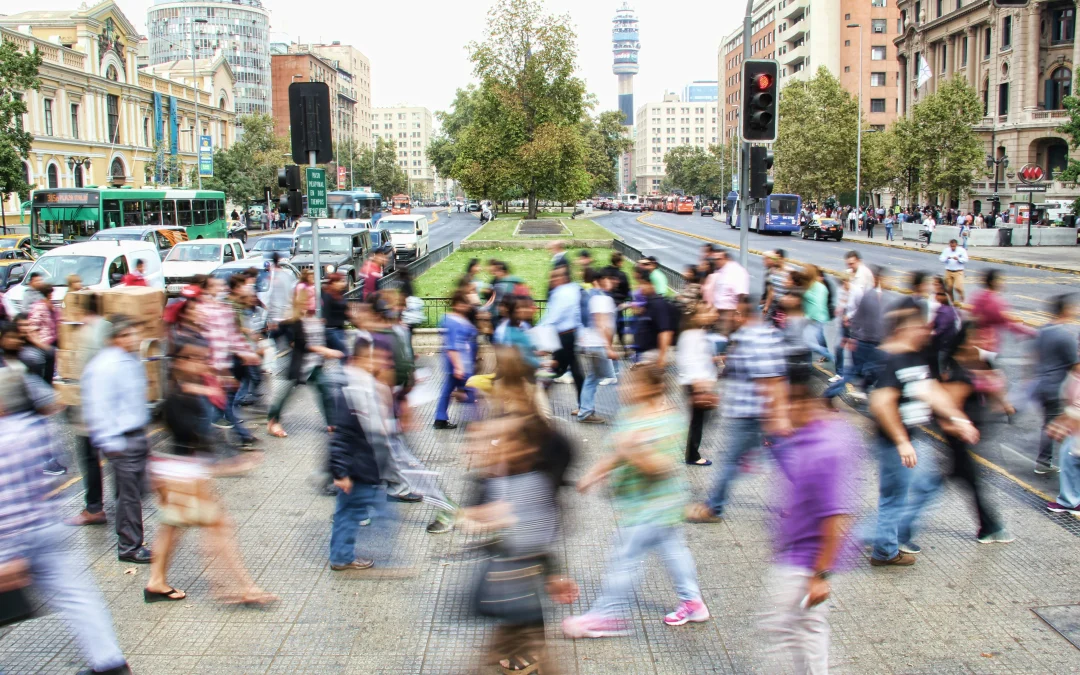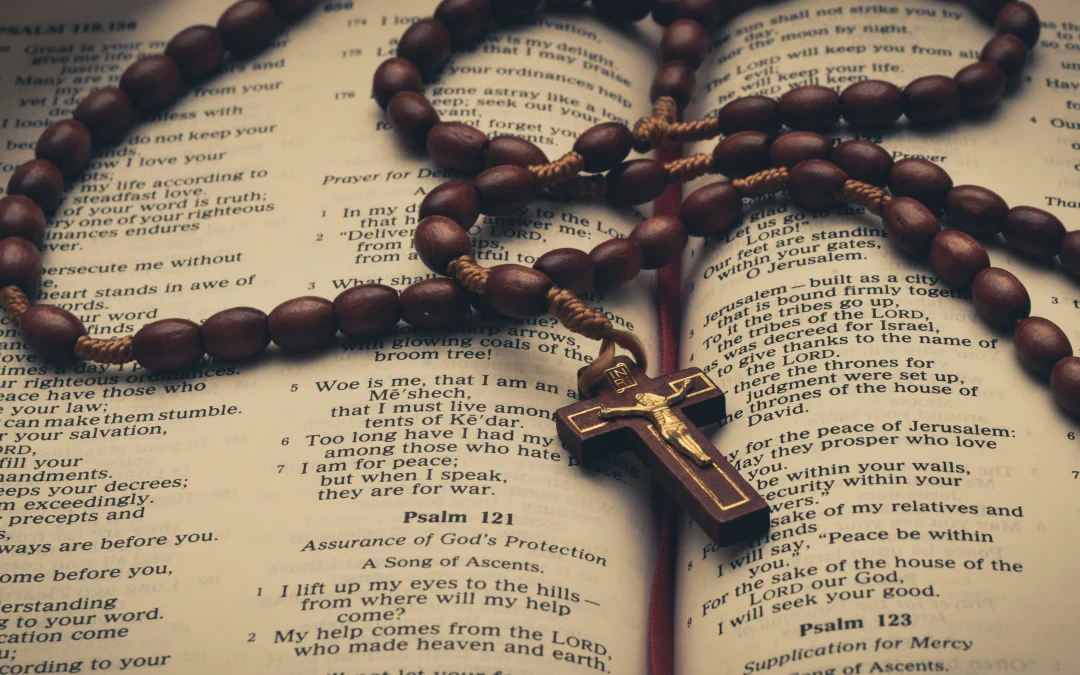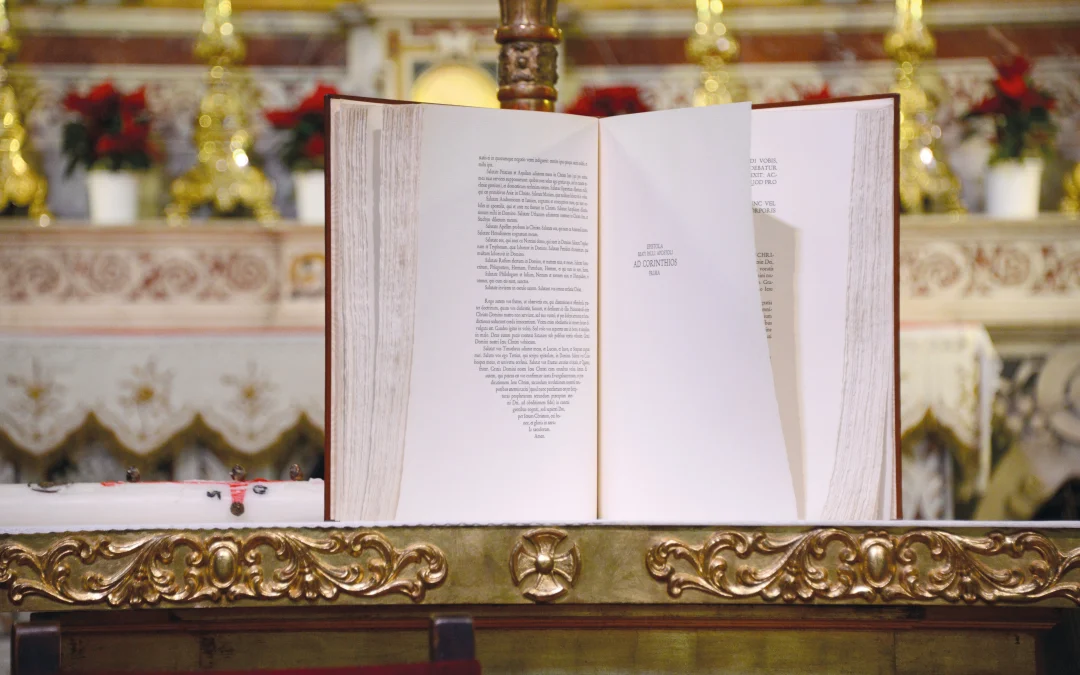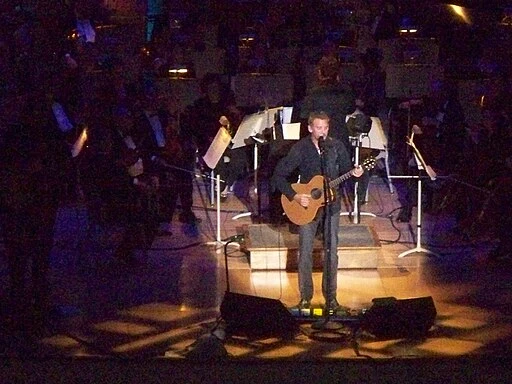3 Things That Make Sports A Means For Acquiring Christian Virtue
From this standpoint, let us reflect on three particular things that make sport, nowadays, a precious means for training in human and Christian virtues.
Pope Leo XIV
First, in a society marked by solitude, where radical individualism has shifted the emphasis from “us” to “me”, resulting in a deficit of real concern for others, sport – especially team sports – teaches the value of cooperating, working together and sharing. These, as we said, are at the very heart of God’s own life (cf. Jn 16:14-15). Sport can thus become an important means of reconciliation and encounter: between peoples and within communities, schools, workplaces and families.
Second, in an increasingly digital society, where technology brings distant people closer together, yet often creates distances between those who are physically close, sport proves a valuable and concrete means of bringing individuals together, providing a healthier sense of the body, of space, effort and real time. It counters the temptation to escape into virtual worlds and it helps to preserve a healthy contact with nature and with real life, where genuine love is experienced (cf. 1 Jn 3:18).
Third, in our competitive society, where it seems that only the strong and winners deserve to live, sport also teaches us how to lose. It forces us, in learning the art of losing, to confront one of the deepest truths of our human condition: our fragility, our limitations and our imperfections. This is important, because it is through the experience of these limits that we open our hearts to hope. Athletes who never make mistakes, who never lose, do not exist. Champions are not perfectly functioning machines, but real men and women, who, when they fall, find the courage to get back on their feet. Saint John Paul II hit the mark when he said that Jesus is “the true athlete of God” because he defeated the world not by strength, but by the fidelity of love (cf. Homily at the Mass for the Jubilee of Sportsmen and Sportswomen, 29 October 2000).
It is no coincidence that sport has played a significant role in the lives of many saints in our day, both as a personal discipline and as a means of evangelization. We can think of Blessed Pier Giorgio Frassati, the patron saint of athletes, who will be canonized later this year on 7 September. His straightforward and luminous life reminds us that, just as no one is born a champion, no one is born a saint. It is daily training in love that brings us closer to final victory (cf. Rom 5:3-5) and enables us to contribute to the building of a new world. Saint Paul VI also observed this, twenty years after the end of the Second World War, when he reminded the members of a Catholic athletic association how much sports had helped to restore peace and hope in a society devastated by the consequences of war (cf. Address to the members of the C.S.I., 20 March 1965). He went on to say: “Your efforts are directed at the formation of a new society…, in the recognition that sport, by virtue of the sound educational values it promotes, can be a most useful means for the spiritual elevation of the human person, the primary and indispensable condition for an orderly, peaceful and constructive society.”
Dear athletes, the Church entrusts you with a beautiful mission: to reflect in all your activities the love of the Triune God, for your own good and for that of your brothers and sisters.
Image: Photo by LOGAN WEAVER | @LGNWVR on Unsplash











